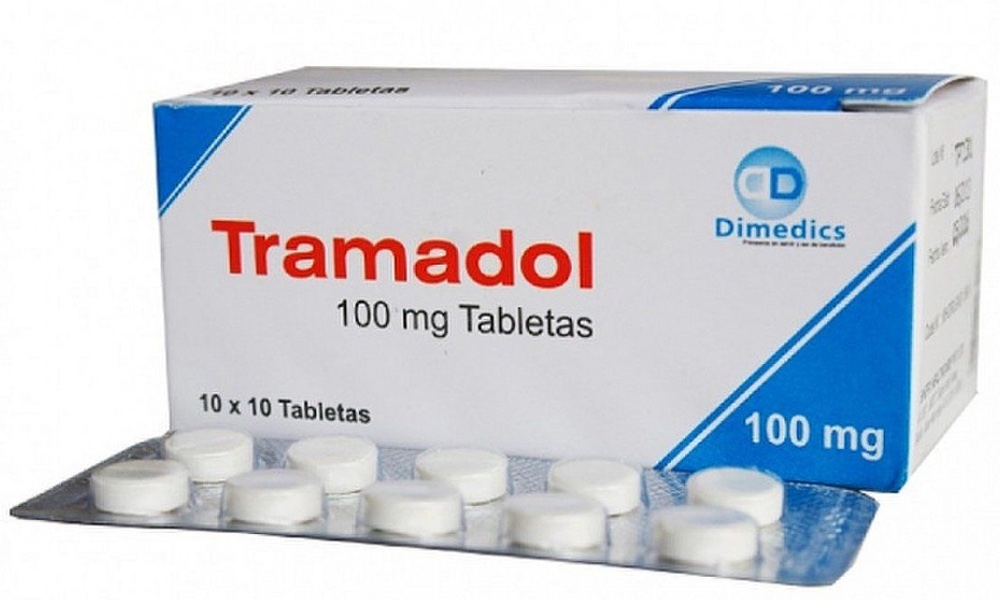Doctors used to tell us that stress caused ulcers. Then they decided that ulcers were caused by the Helicobacter pylori (H. pylori) bacteria. Though H. pylori exists naturally within our bodies and normally does no harm, in certain circumstances, however, it can rage out of control and cause a serious infection.
So what does salt have to do with it?
It turns out that exposure to salt seems to make H. pylori stronger and more virulent.
"Apparently the stomach pathogen H. pylori closely monitors the diets of those people whom it infects. Epidemiological evidence has long implied that there is a connection between H. pylori and the composition of the human diet. This is especially true for diets rich in salt," says Hanan Gancz, of the Uniformed Services University of the Health Sciences in Bethesda, Maryland, who presented the research May 22, 2007 at the 107th General Meeting of the American Society for Microbiology in Toronto.
High amounts of salt in the stomach can genetically alter H. pylori, making it more dangerous to the human body and increasing the likelihood of severe disease.
H. pylori is the most common cause of ulcers. It also causes gastritis and other digestive system problems. H. pylori infection is common in the United States, affecting about 20% of persons under 40 years of age and about 50% of persons over 60 years.
Previous research had focused on how diet affects the environment where H. pylori resides, but not on the effects of different kinds of diets on the bacteria itself.




